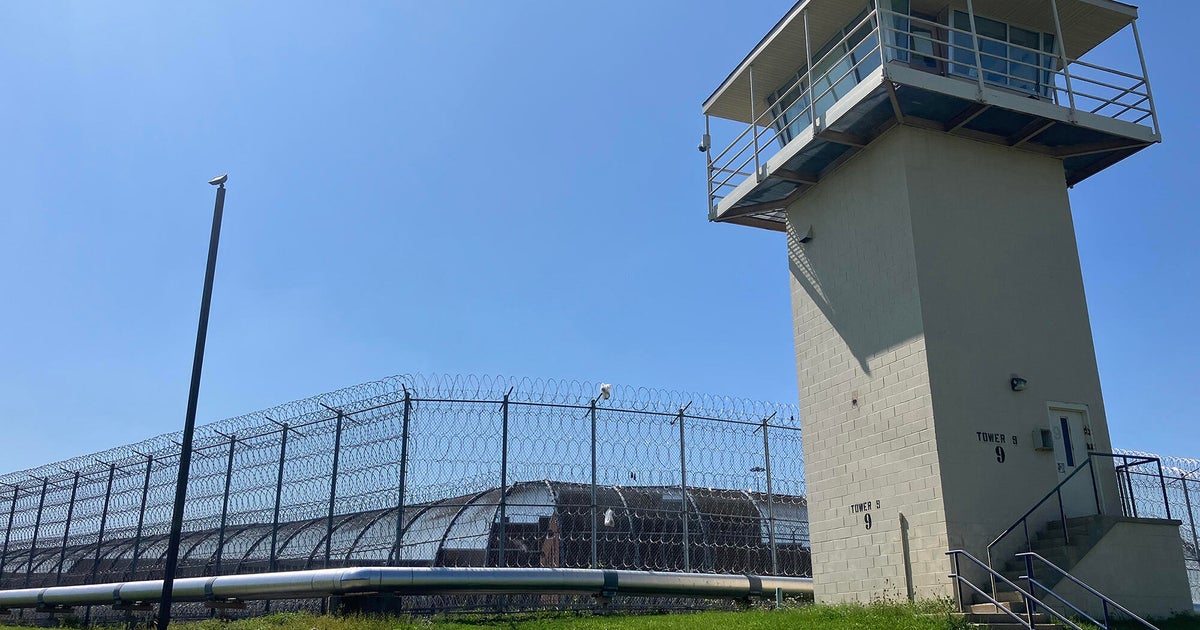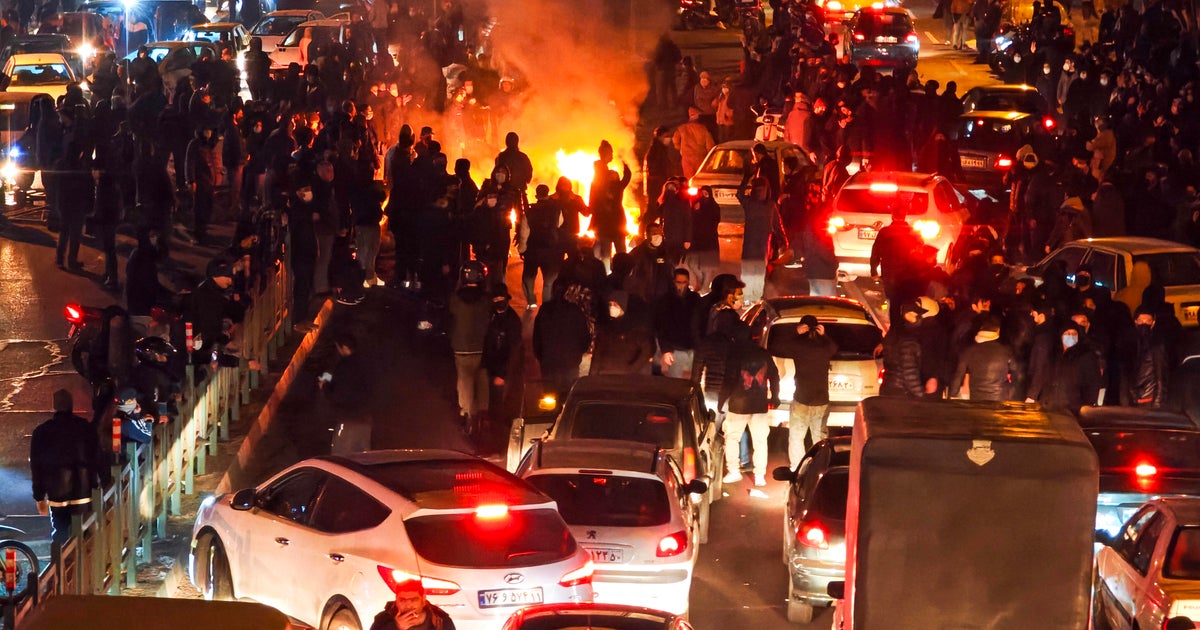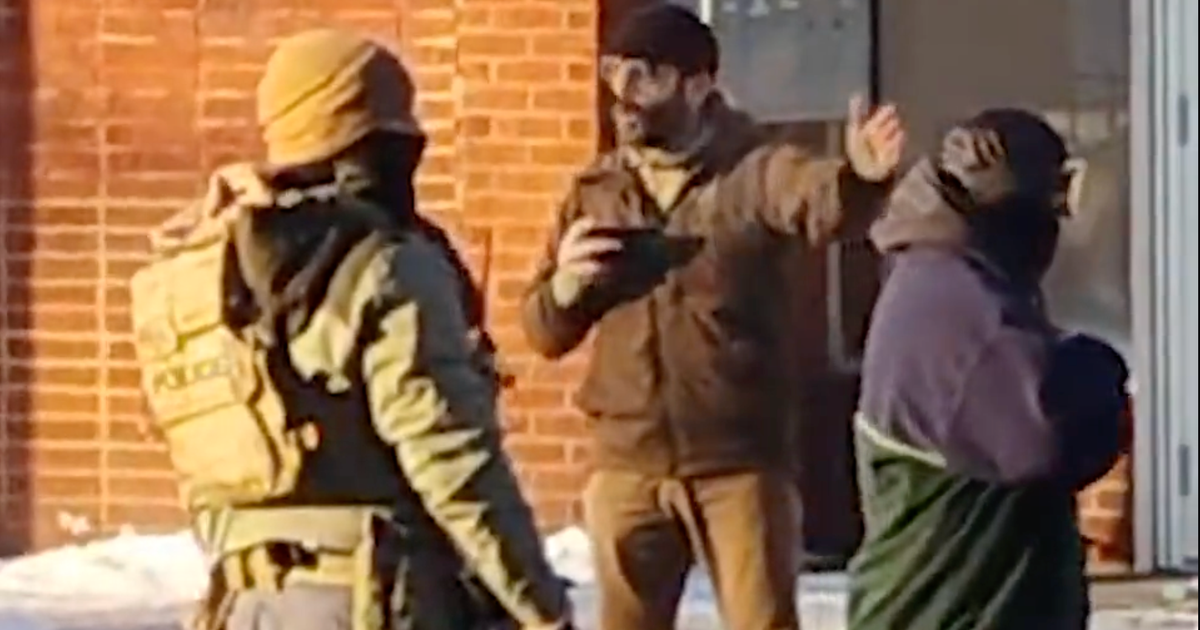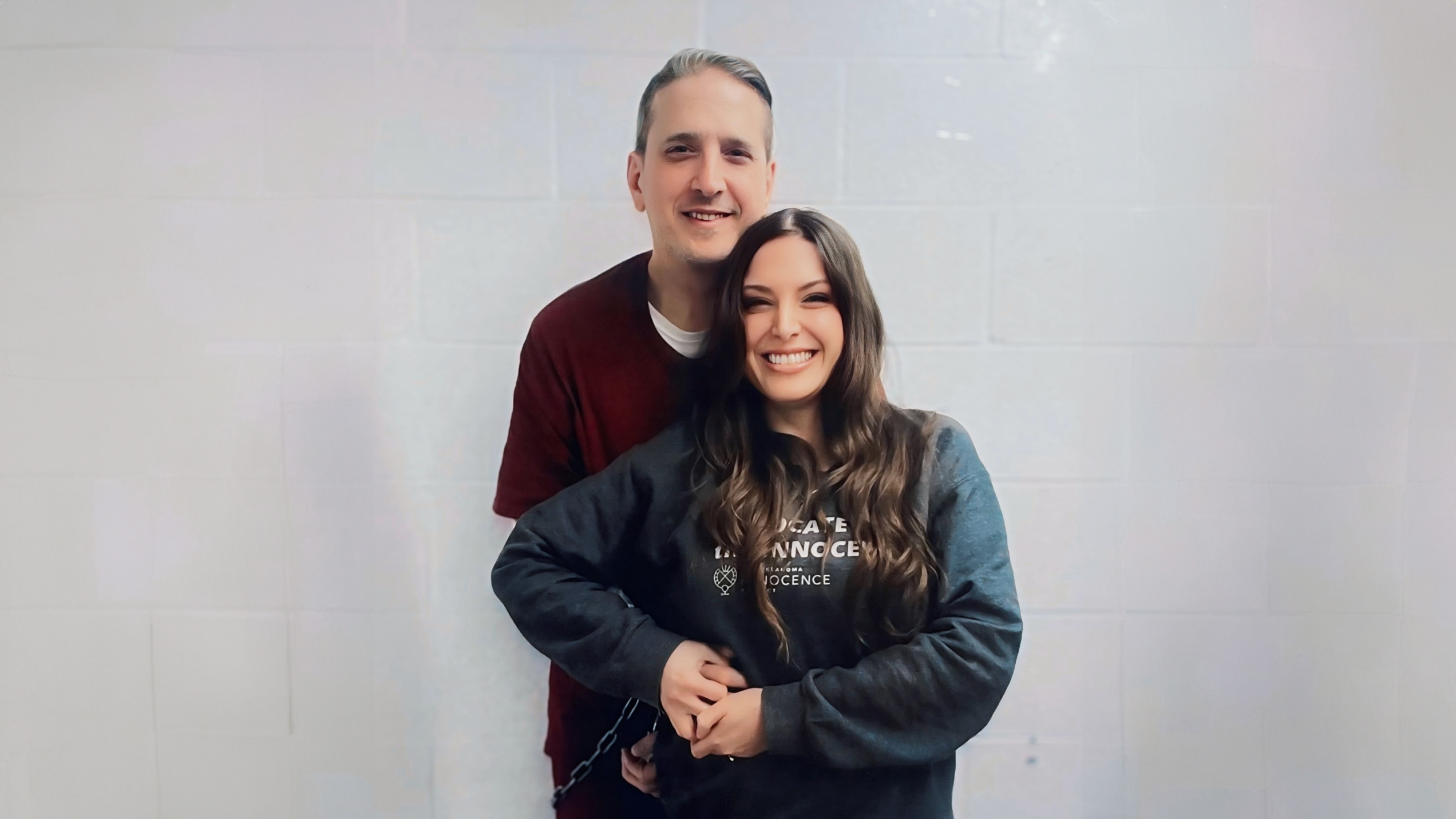"Why is it still open?" Inmates at Parchman's Unit 29 describe life inside notorious cellblock
About 800 inmates are still languishing in a section of a notorious prison in Mississippi where eight people have died since late December, with inmates describing nightmarish conditions, including rat infestations, flooding and near 24-hour lockdowns.
Four inmates housed in Unit 29 at the Mississippi State Penitentiary at Parchman spoke to CBS News in recent days, expressing frustration as they wait to be relocated from the state's oldest prison — one of three state facilities at the center of a civil rights investigation by the Justice Department. Mississippi's Republican governor has called for the unit to be closed, but the inmates said little has changed.
A total of 18 people have died in state facilities since December 29, a figure that includes suicides, homicides and cases that were classified as "natural deaths."
"I don't understand. Why is it still open? Why hasn't it been shut down?" one inmate told CBS News. "Any time it storms, the lights and water go off and the toilet is so backed up that you have to take a water bottle and actually plunge out your toilet with your own hands."
On January 27, Governor Tate Reeves announced that he instructed the department of corrections to begin working toward closing Unit 29, with the exception of areas that can hold death row inmates. Last week, Reeves said that some inmates were transferred to nearby facilities through reclassification, the process of moving some inmates to minimum and medium-security prisons. Those who require stricter supervision will be temporarily moved to the privately-run Tallahatchie County Correctional Facility, he said
The deteriorating conditions in Unit 29 are well-documented. The state's health inspector released a 153-page report last July that revealed unsanitary living conditions. Many cells had no power or electricity, inoperable toilets and no mattress or pillows.
"This major transfer required a tremendous amount of work and consideration. We needed temporary housing to get inmates out of the environment as we work toward a longer-term solution," Reeves said in a news conference this week. "We're moving them in small groups over the course of the next several weeks."
Cliff Johnson, a law professor at the University of Mississippi law school and director of the school's justice center, told CBS News the move "cannot happen soon enough."
"That place is uninhabitable. It's as bad as you'd see in Nicaragua or Zimbabwe."
Two of the inmates described holes in their ceilings, where water pours into their cells whenever it rains. "We got cardboard boxes all over the floor. Any time it's raining, there's holes in the ceiling, so every time it's raining, it's raining in here. We've got cardboard boxes to soak up some of the water," one inmate said.
The four inmates who spoke with CBS News are serving time for burglary, rape and murder. They complained of insect and rodent problems.
"For the roaches, you can take an empty potato chip bag and stick it on the wall and the roaches will go on the inside of the bag and because of the aluminum on the inside they can't find their way out," he said. "As far as the rats, I have to put cardboard over my bars — these rats climb. It's really no way to stop the rats."
At the time of the violent outbreak at Parchman in December, there were 1,435 people in Unit 29. The state's Department of Corrections said Thursday that 802 remain.
Critics partially blame the violence inside the state's prisons on understaffing. There are 800 job vacancies in the three state facilities that remain unfilled, according to a department news release from January. The starting salary for a correctional officer is roughly $26,000. In the release, the department's outgoing commissioner called the facility "unsafe" and called for an increase in starting salary to $30,000.
The inmates claimed they've encountered three types of guards: ones who are scared, ones who are affiliated with gangs and those who don't take their jobs seriously. CBS News spoke with a former correctional officer who left the state's department of corrections last year.
"As a guard, you know who's bringing in food for certain inmates, you know who's bringing in drugs and knives. The thing is, you don't really say anything because you don't really know who you're talking to," the former guard said.
"They need to get someone to really see what inmates and guards are going through. There are so many buildings where no guards are watching at all and people need to know that. It's very shorthanded," the former guard said. "It really wouldn't surprise me if a guard got hurt or killed."
More than 30 inmates in Parchman filed a proposed class-action lawsuit in federal court last month claiming the living conditions are unconstitutional. The suit blames the recent outbreaks of violence on the "culmination of years of severe understaffing and neglect at Mississippi's prisons."
The staffing crisis forces state facilities to frequently go on lockdown, leaving inmates in their cells for nearly 24-hours a day, the inmates and former guard said.
"When I first came here, you had alcohol and drug classes, you had GED classes and everybody else went to the field to work every day. We don't do anything now. All we do is sit in the cell 23 hours a day," another inmate said. "We get no type of recreation, period. That's why so much tension is built up all the time and guys want to fight at the drop of dime."
Travonta Riley, 28, spent five years behind bars at Parchman on a marijuana conviction before he was released on January 13.
"I understand we're incarcerated but you're still supposed to treat us like humans. I know it ain't supposed to be easy for us but it ain't supposed to be that hard with our living conditions," said Riley, who was also housed in Unit 29. "If I go two weeks without a shower, of course, I'm going to act out."
Tyler Kendall contributed reporting.





